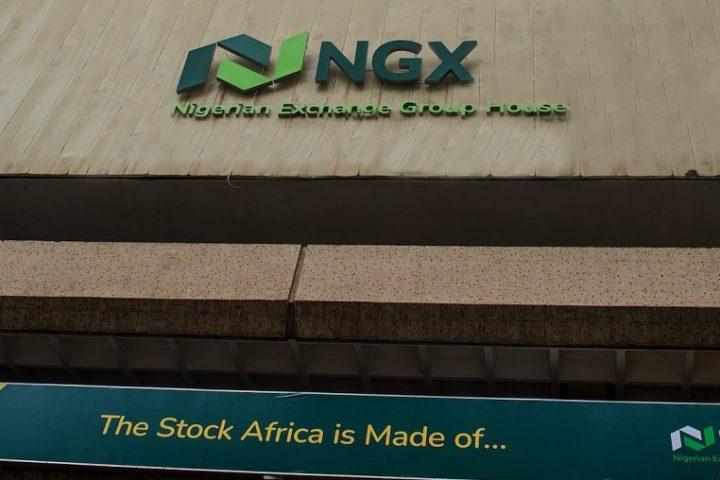The delay in subsidy removal and the scarcity of Naira pose fiscal risk to the Nigerian economy, Spain-based macroeconomic intelligence provider, FocusEconomics, has revealed.
In its April 2023 Consensus Forecast report, the firm said the cash shortage will have a negative impact on the economy.
Join our WhatsApp ChannelRecall that trade activities were disrupted by the Naira redesign policy of the Central Bank of Nigeria (CBN) which resulted in the scarcity of the country’s banknotes.
For three months, commercial banks couldn’t meet the withdrawal demands of their customers as the financial regulator phased out the old Naira notes but couldn’t print enough new banknotes to replace most of the old N200, N500 and N1,000.
Although the CBN has now succumbed to the Supreme Court’s ruling that says old notes remain legal till 31 December 2023, analysts believe the impact of the cash crunch will linger for a while.
The report states that: “Failure to scrap the government’s fuel subsidy is a major fiscal risk, as is the evolution of the cash shortage.
“Widespread insecurity is a key downside risk, while the coming online of the Dangote refinery is an upside risk.”
FocusEconomics also stated that the country’s oil sector has been a hindrance to the growth of the economy, considering it declined in the third quarter (Q3) and fourth quarter (Q4).
“Nigeria’s oil sector has continued to be a drag on overall growth, albeit less so than in previous quarters. In Q4, the sector posted a 13.4% decline, a more moderate contraction than Q3’s 22.7% plunge.
“Oil production rose to an average of 1.34 million barrels per day (mbpd) in Q4 from 1.20 million barrels per day (m/bpd) in the previous three months. The improvement in production was largely due to the government’s ongoing crackdown on oil theft and the restoration of operations at a terminal in November,” the Spanish firm said
Also, in the report, it was stated that the non-oil sector, alongside the agricultural sector, has been driving Nigeria’s economy.
“The non-oil sector of the economy was the engine of growth—as it has been since late 2020. Growth in the sector picked up to 4.4% year on year in Q4 (Q3: +4.3% year-on-year).
“The acceleration chiefly reflected the agricultural sector gaining steam and growing 2.0% in Q4 (Q3: +1.3% year-on-year),” FocusEconomics said.
















Follow Us